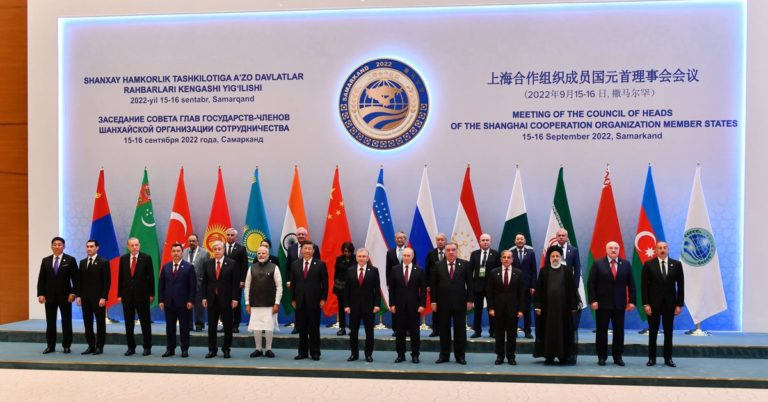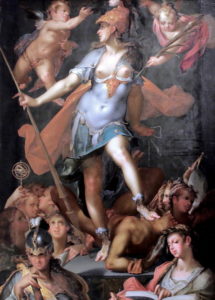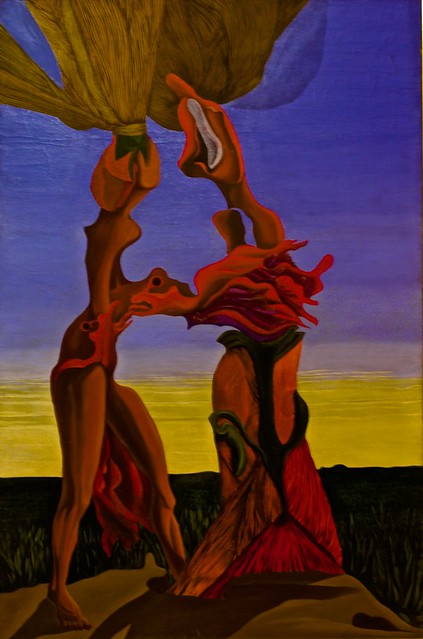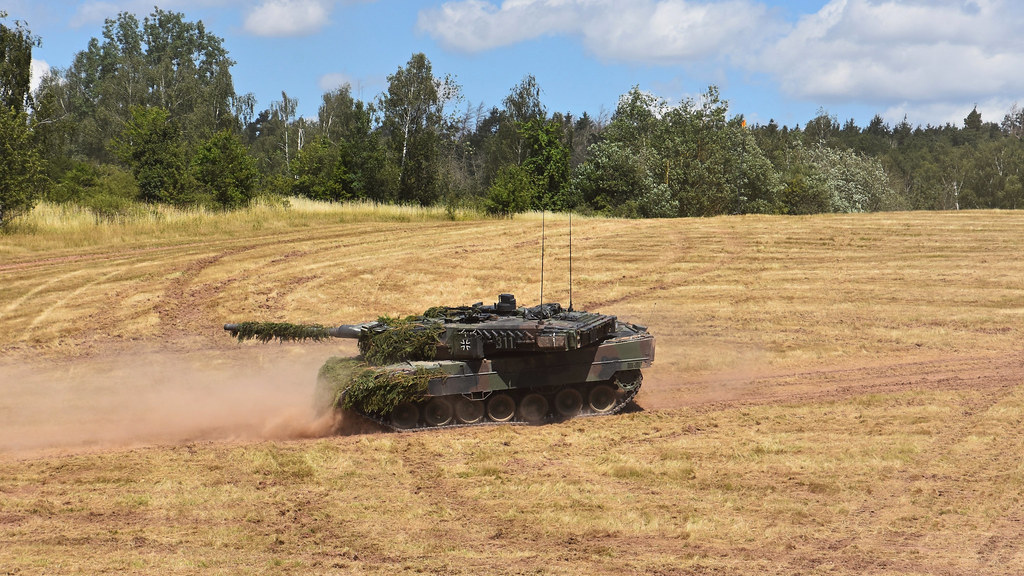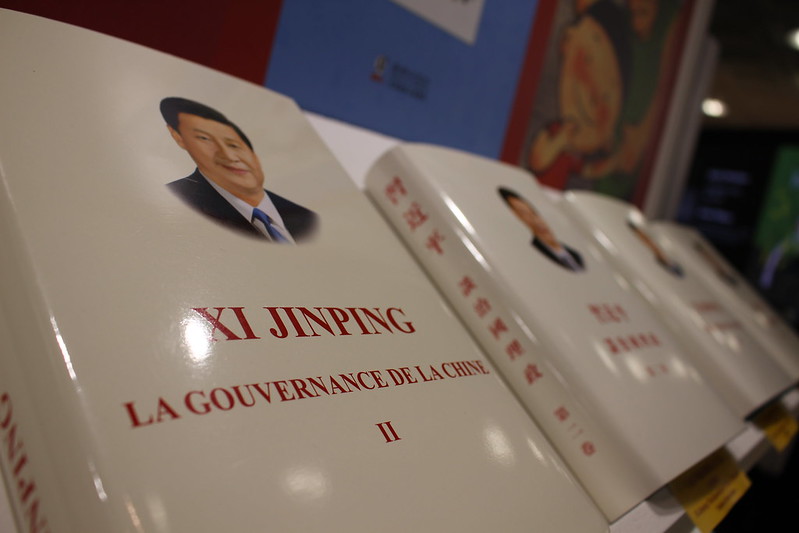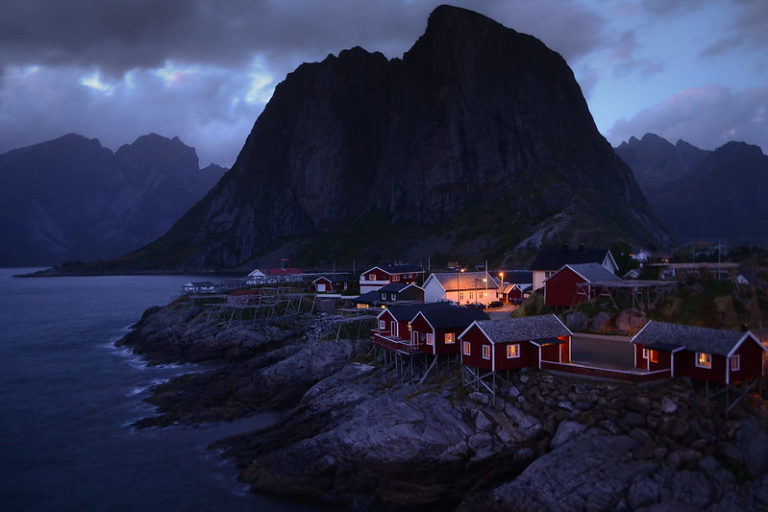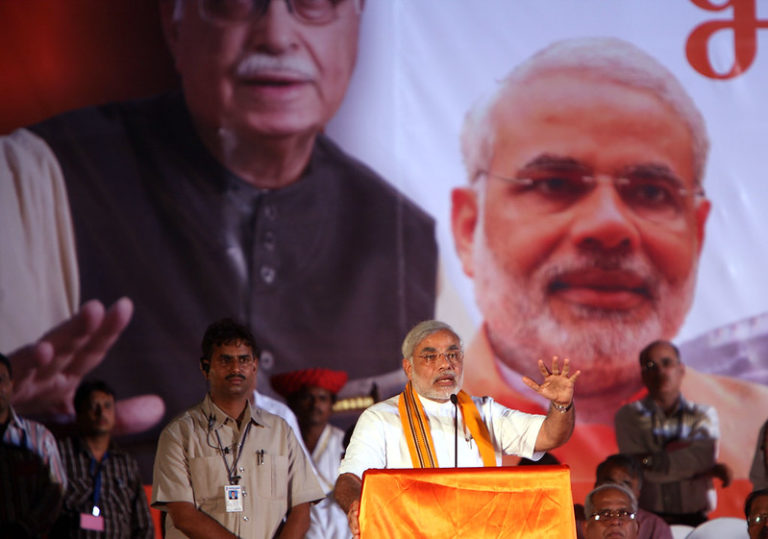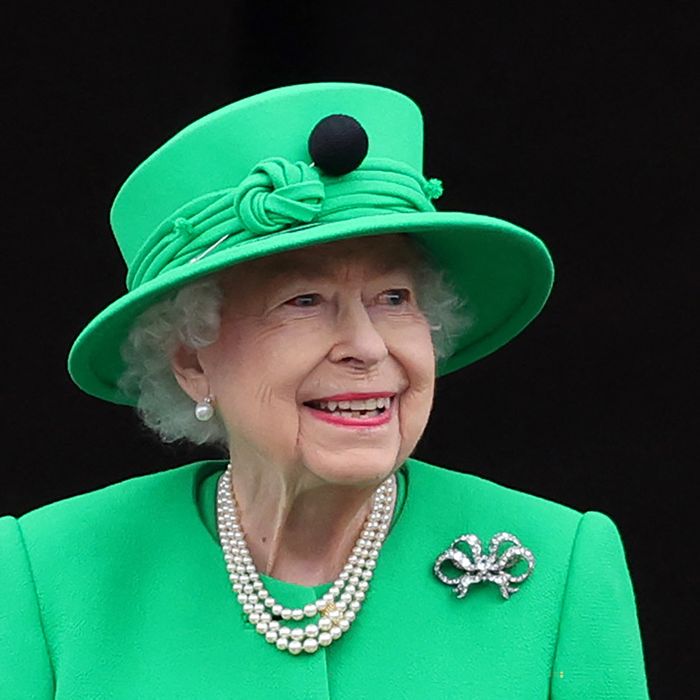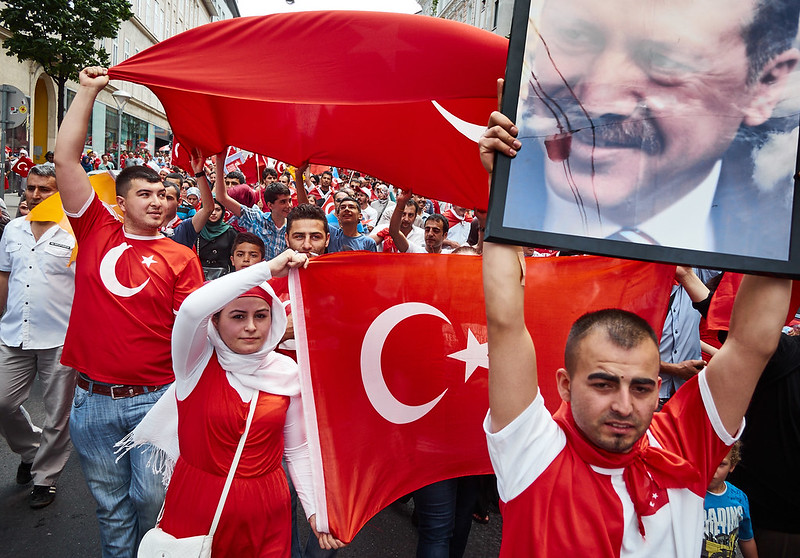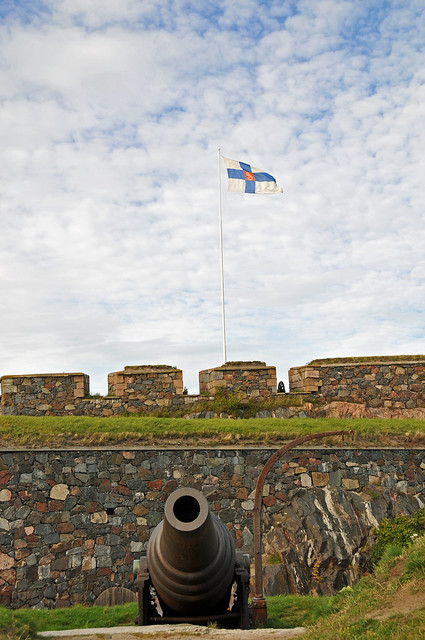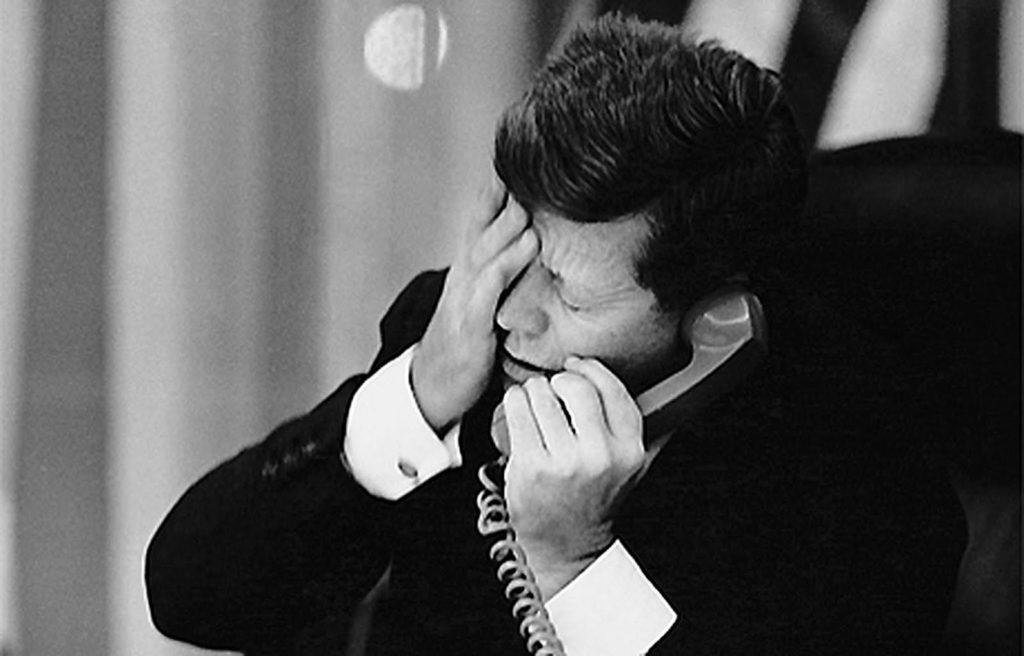
Autumn Raspoutista
In the autumn of 2022, the season of the first cold spells and quagmires, we note the multiple strategic bogging down of France: the total and worrying deadlock of the war in Ukraine which saturates the Euro-Atlantic landscape, the swamps in which radical and sceptical intercontinental relations are bogged down, and finally the budgetary swamp of the future army model and of the security investments that need to be made for the security of France and the French. An autumn already well bogged down.
To read the article, click here
Transatlantic strategic square
From Moscow to Washington, from Prague to Berlin, the transatlantic strategic stakes have changed over the past month. From the war in Ukraine to questions of deterrence, from an enlarged Europe beyond the EU to the importance of economic issues, everything points to a rise in tensions.
To read the article, click here
Lorgnette: The Iranian street rumbles
Once again, Iran is experiencing massive protests, following those of 1999, 2009, 2017 and 2019. Experts tell us that this time things are different, that the new generation is connected, that no one believes in the possibility of reforming the regime anymore, that women are involved.
What hasn’t changed is the regime’s repression, which deploys its squads of Revolutionary Guards and other Basijis. The army remains in the background and could decide the fate of the country if the clashes persist.
No one believes in the legitimacy of the theocratic regime in Tehran. However, it has been able to interpret the interests of the country and to conduct an active foreign policy despite American and Saudi hostility, with real successes, especially in its immediate environment. A fall of the regime would probably not put an end to regional geopolitical rivalries.
But the observer wonders: in the 21st century, can a popular revolutionary movement, even a massive and lasting one, put down a tyranny? The Sudanese and Belarusian examples do not support this view. We shall see.
Subscribers: click directly on the links to read online or download the pdf issue (here), always with your login/password. New readers: read the article by issue, by clicking on each article (€2.5), or subscribe (discovery subscription €17, annual subscription €70, orga. subscription €300 excl. tax): here, the different options.
JOCVP
Crédit photo : awestomestories
